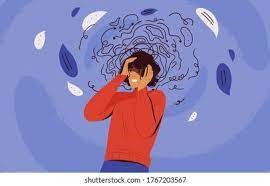
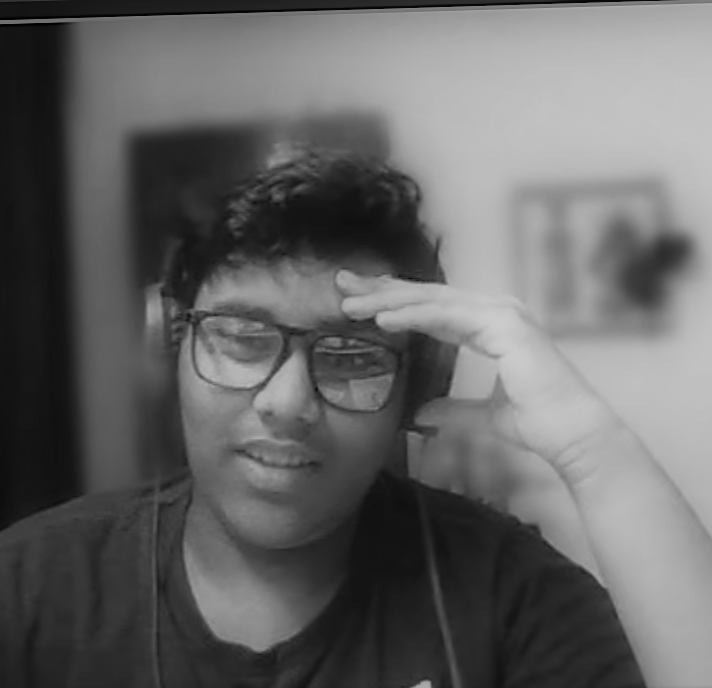
Shaurya
What is anxiety?
WHAT IS ANXIETY?
Anxiety is a normal emotion. It’s your brain’s way of reacting to stress and alerting you of potential danger ahead.
Everybody knows what it's like to feel anxious -- the butterflies in your stomach, the tension you feel, and the way your heart pounds if you're in danger. Anxiety rouses you to action. It gears you up to face a threatening situation. It makes you study harder for that exam, and keeps you on your toes when you're making a speech. In general, it helps you cope.
But if you have an anxiety disorder, this normally helpful emotion can do just the opposite -- it can keep you from coping and can disrupt your daily life.
An anxiety disorder may make you feel anxious most of the time, without any apparent reason. Or the anxious feelings may be so uncomfortable that to avoid them you may stop some everyday activities. Or you may have occasional bouts of anxiety so intense they terrify and immobilize you.
Anxiety disorders are the most common of all the mental health disorders. There are several types of anxiety disorders, each with their own distinct features.

TYPES OF ANXIETY DISORDERS
Generalized anxiety disorder. You feel excessive, unrealistic worry and tension with little or no reason.
Panic disorder. You feel sudden, intense fear that brings on a panic attack. During a panic attack you may break out in a sweat, have chest pain, and have a pounding heartbeat (palpitations). Sometimes you may feel like you’re choking or having a heart attack.
Social anxiety disorder. Also called social phobia, this is when you feel overwhelming worry and self-consciousness about everyday social situations. You obsessively worry about others judging you or being embarrassed or ridiculed.
Specific phobias. You feel intense fear of a specific object or situation, such as heights or flying. The fear goes beyond what’s appropriate and may cause you to avoid ordinary situations.
Agoraphobia. You have an intense fear of being in a place where it seems hard to escape or get help if an emergency occurs. For example, you may panic or feel anxious when on an airplane, public transportation, or standing in line with a crowd.
Separation anxiety. Little kids aren’t the only ones who feel scared or anxious when a loved one leaves. Anyone can get separation anxiety disorder. If you do, you’ll feel very anxious or fearful when a person you’re close with leaves your sight. You’ll always worry that something bad may happen to your loved one.
Selective mutism. This is a type of social anxiety in which young kids who talk normally with their family don’t speak in public, like at school.
Medication-induced anxiety disorder. Use of certain medications or illegal drugs, or withdrawal from certain drugs, can trigger some symptoms of anxiety disorder.
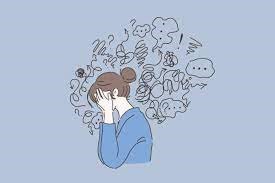
The main symptom of anxiety disorders is excessive fear or worry. Anxiety disorders can also make it hard to breathe, sleep, stay still, and concentrate. Your specific symptoms depend on the type of anxiety disorder you have.
Common symptoms are:
Some causes of anxiety disorders are:
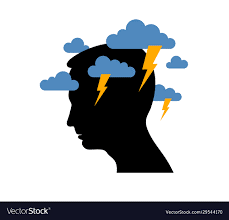
Managing Anxiety Disorder symptoms
(ways to deal with anxiety disorder):
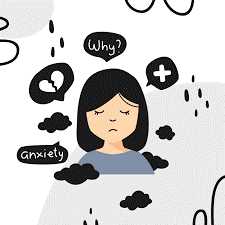
It can be challenging and frustrating to live with an anxiety disorder. The constant worry and fear can make you feel tired and scared. If you’ve talked to a doctor about your symptoms, then you’ve taken the first step toward letting go of the worry.
It can take some time to find the right treatment that works for you. If you have more than one anxiety disorder, you may need several kinds of treatment. For most people with anxiety disorders, a combination of medicine and counseling is best. With proper care and treatment, you can learn how to manage your symptoms and thrive.
Shaurya
haha shaurya marja